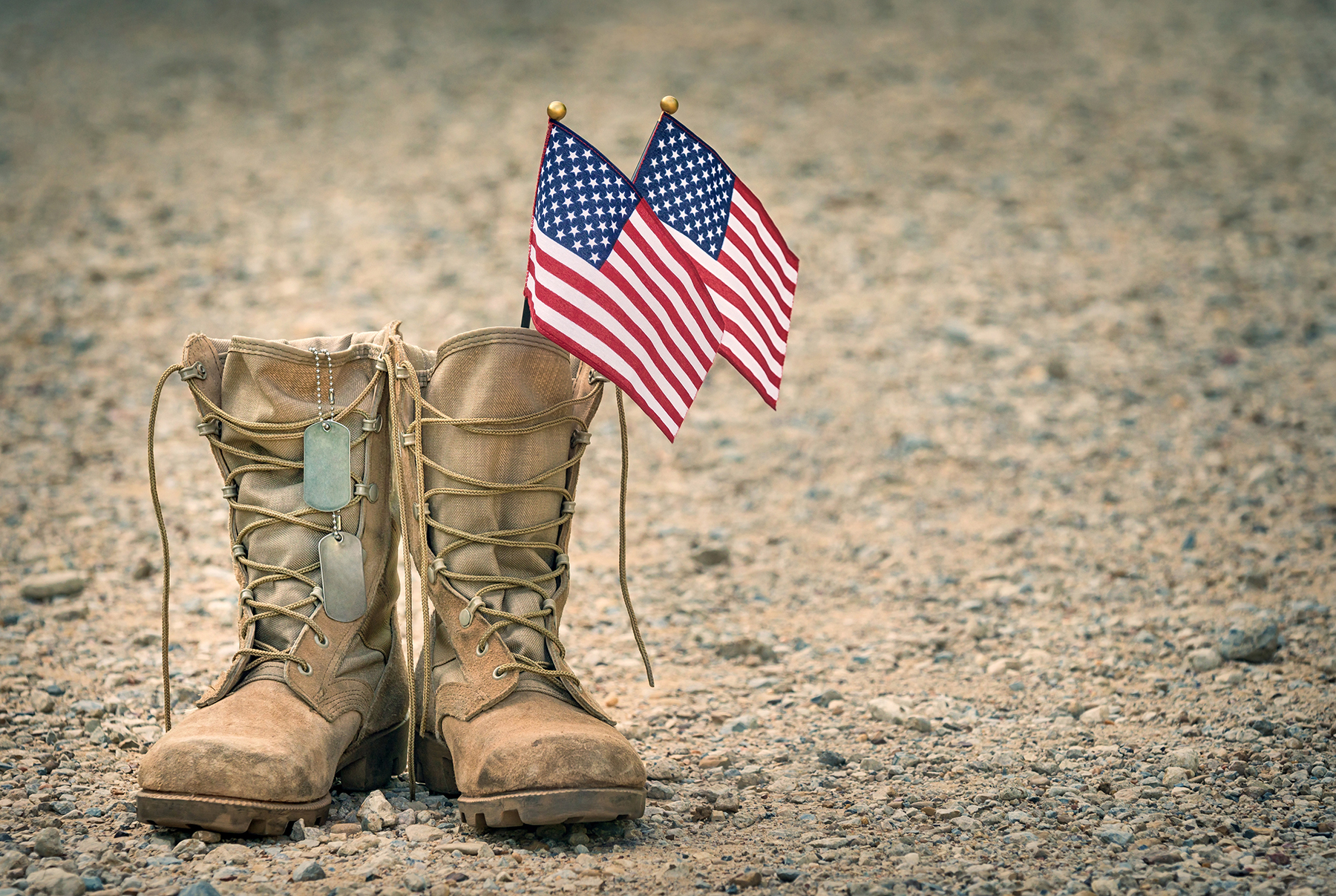Veterans may survive their military service, but are never out of danger. National statistics show that veterans die by suicide at a rate 1.5 times higher than that of non-veteran adults. The 2022 National Veteran Suicide Prevention Annual Report showed 6,145 veteran suicide deaths, an average of 16.8 per day.
To create better access to suicide prevention care and resources for the many veterans in the region, Blessing Health partnered with the local group, Together with Tri-State Veterans, and recently completed providing education and training in working with veterans to Blessing emergency department staff, social workers and case managers, outpatient clinic physicians and nurse practitioners. Additionally, a one-hour training session was held for nurses and chaplains.
“Blessing staff has been trained to ask patients if they or a member of their family have ever served in the military, how to address the needs of veterans, how to assist veterans in accessing Veterans Administration and community services, and to thank veterans for their service,” said Chuck Johnson, NCC, ACS, LCPC, Coordinator, Psychiatric Services, Blessing Hospital.
Caregivers at SIU Medicine Center for Family Medicine in Quincy, Quincy Medical Group, and Mark Twain Behavioral Center in Hannibal and Kirksville, Missouri, have also completed this training.
The partnership has also made gun locks available to veterans and their family members at Blessing’s seven rural clinics.

About the training
Richard Elsenpeter, coordinator, Together with Tri-State Veterans, co-facilitated the training sessions.
“Our goals are to help educate, train and answer any questions that our audience may have about the military mindset, lifestyle and the difficulties that our veterans face," he said. “The training can be very emotional and impactful.”
“We are way ahead of the curve,” Chuck added about the training offered to area caregivers. “This partnership and what it has accomplished so far is sited as a model for communities at statewide meetings.”
The training teaches that when a veteran is asked how they are doing, the answer, “I’m good” does not always mean “I’m good”. Military culture encourages self-reliance and asking for help is not the norm.
But without being asked, veterans may not volunteer their military background. Knowing a patient’s military background can guide providers in delivering an appropriate diagnosis, treatment and referrals for resources and benefits.
Forty-five percent of people who die by suicide have visited their healthcare provider within a month prior to their death, and 80% saw a provider within a year before their death. Healthcare providers asking the patient if they are a veteran opens the conversation to available resources and support.
About veteran suicide reduction efforts statewide
Chuck Johnson has been working on behalf of Blessing to help reduce veteran suicide for two years. He was appointed by the Illinois Hospital Association to the Illinois Governor’s Challenge to Prevent Suicide Among Service Members, Veterans and Their Families. The Governor’s Challenge program offers free suicide prevention best practices and training modules at www.governorschallenge.illinois.gov. Anyone interested in having an impact on the issue of veteran suicide is encouraged to visit the site.
About Together with Tri-State Veterans
This group is made up of veterans and community partners working together to reduce veteran suicide in the tri-state area and provide local veteran resources to the community. It meets monthly live and virtually at the American Legion Post 37, 116 N. 8th Street, Quincy, on the first Thursday of each month at 3:30 pm. Meetings are open to all - veterans, their families and the community.
